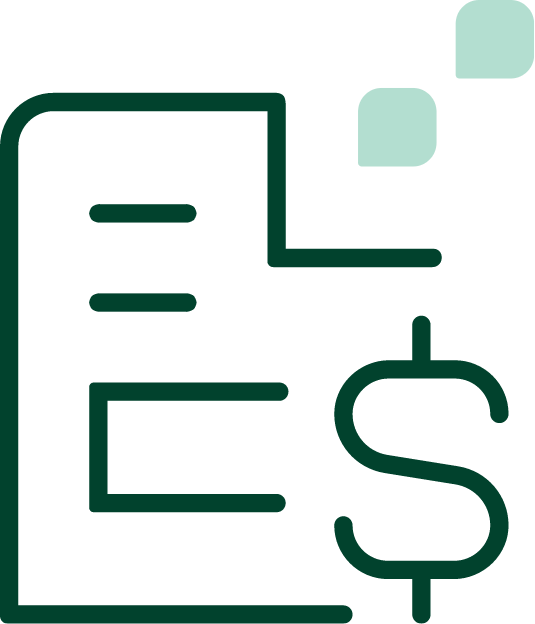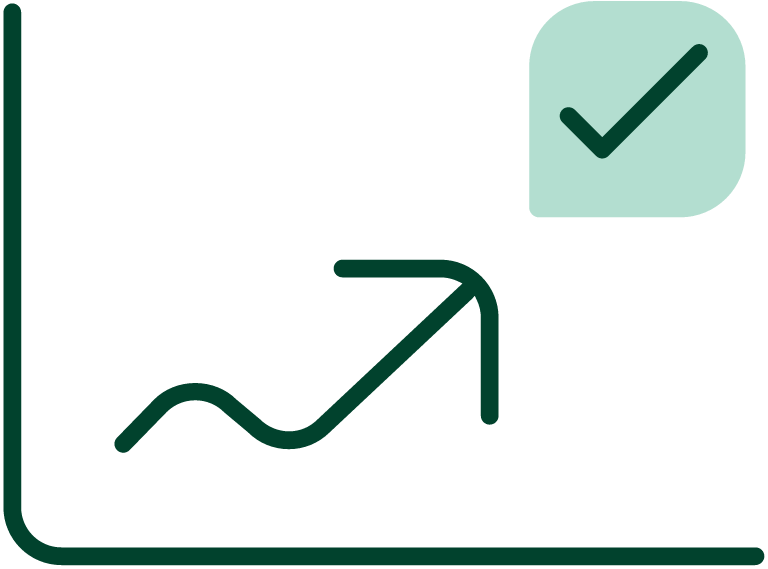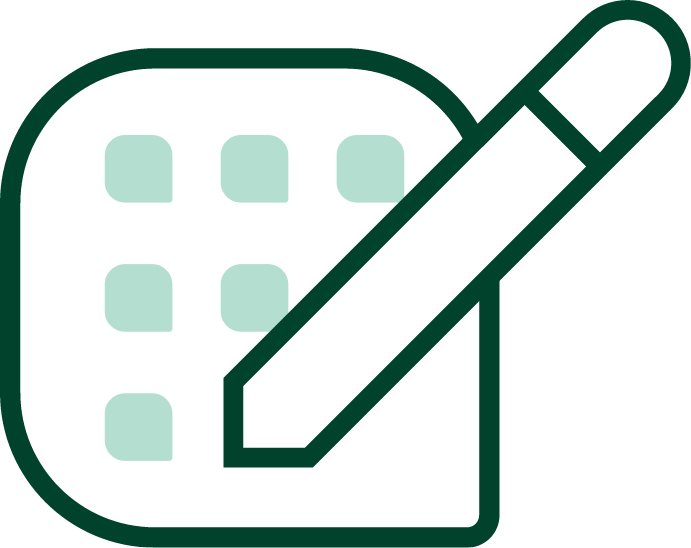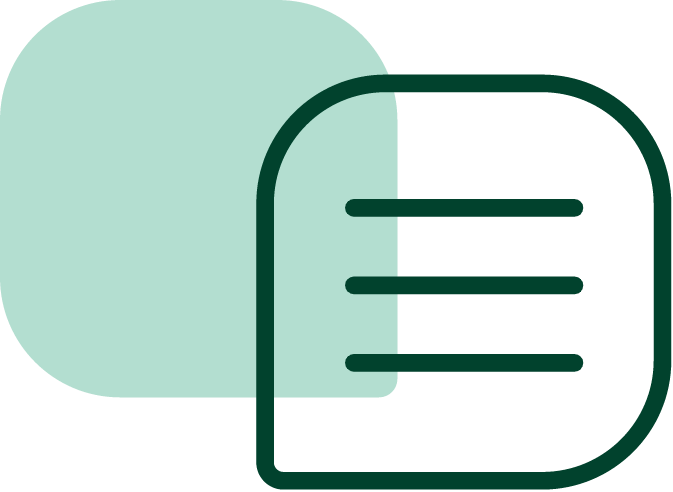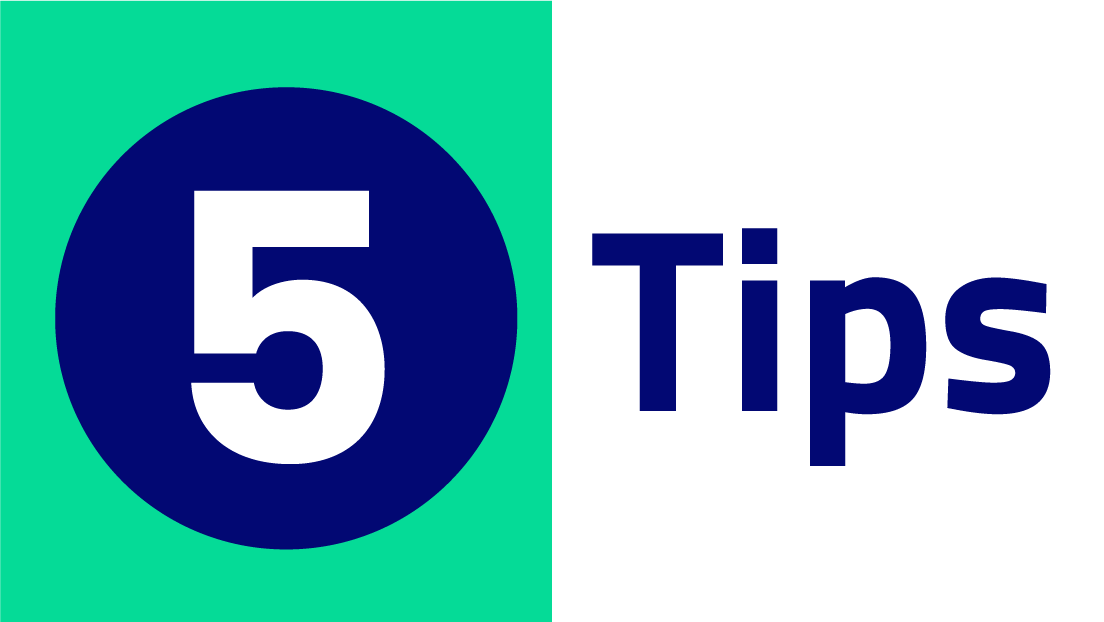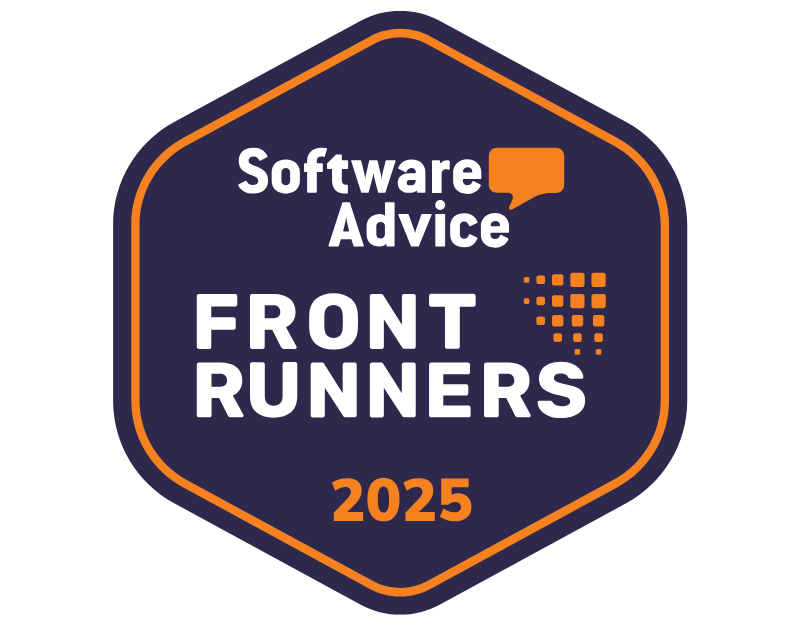Did you know your business has a credit score just like you do? The PAYDEX credit score is a popular small business scoring model provided by Dun & Bradstreet, a well-known financial services firm. However, this credit score follows a different model and works a lot differently.
Consumer protection guidelines ensure individual access to personal credit scores doesn’t extend to business credit. It is sometimes more difficult or more costly to review this credit information.
What Is a PAYDEX Score?
A business’s credit score can range from 0 to 100. The higher the number, the greater the likelihood of a business paying its bills in full and on time. Vendors and lenders review this information to determine eligibility for loans and trade credit. The information can also determine repayment terms and interest rates, just like a personal credit score does.
What Is a Good to Excellent PAYDEX Business Credit Score?
Lenders and vendors often set their own parameters on what counts as good to excellent credit. However, there is a general rule of thumb used by most:
Low Credit: 0 to 49
Small businesses are more likely than individuals to have no reported credit activity for years. When businesses have no or low credit activity, they tend to fall into this category. Consequently, it does not always mean bad credit. However, it has the same effects as bad credit when it comes to loan eligibility.
Decent Credit: 50 to 79
Most small businesses might fall into this range during their earliest years of credit usage. With decent credit, businesses can expect fair credit terms, but not the best rates. Even so, some lenders might refuse to lend at all or might provide bad-credit business loans.
Excellent Credit: 80 to 100
After a few years, companies that keep several credit accounts in good standing fall into this range. This is considered the low-risk range, though some companies might set the threshold for a good PAYDEX score range even higher at 85.
What Are Alternatives to the D&B PAYDEX Score?
The good news is PAYDEX is not the only business credit scoring model in use. Companies also use Experian, Equifax and FICO. These scoring models top out at 76, 90 and 300, respectively.
If you intend to use credit scores to determine credit eligibility for your customers, these and PAYDEX provide good options. However, lenders and vendors seem to use the D&B PAYDEX score most often for small businesses.
What Factors Affect Business Credit Score?
Regardless of the scoring model, the factors affecting the final score are virtually the same. However, these factors do differ from what personal credit scoring models take into consideration, so get familiar with the contributors to a good business credit score:
- Articles of incorporation
- Business owner reports
- Business registration documents
- Business tax filings
- Credit applications
- Creditor reports
- Industry statistics
- Legal filings
- Personal tax filings of the owner(s)
- Public records regarding bankruptcy or tax liens
How Can Gaviti Accounts Receivable Software Help?
Gaviti software empowers business owners to take control of the debts owed to them so they can secure strong cash flow. A steady inflow of cash ensures businesses can pay their bills on time, which leads to better credit ratings.
Test or try a free demo to see how Gaviti can boost payments and improve your business credit score.

